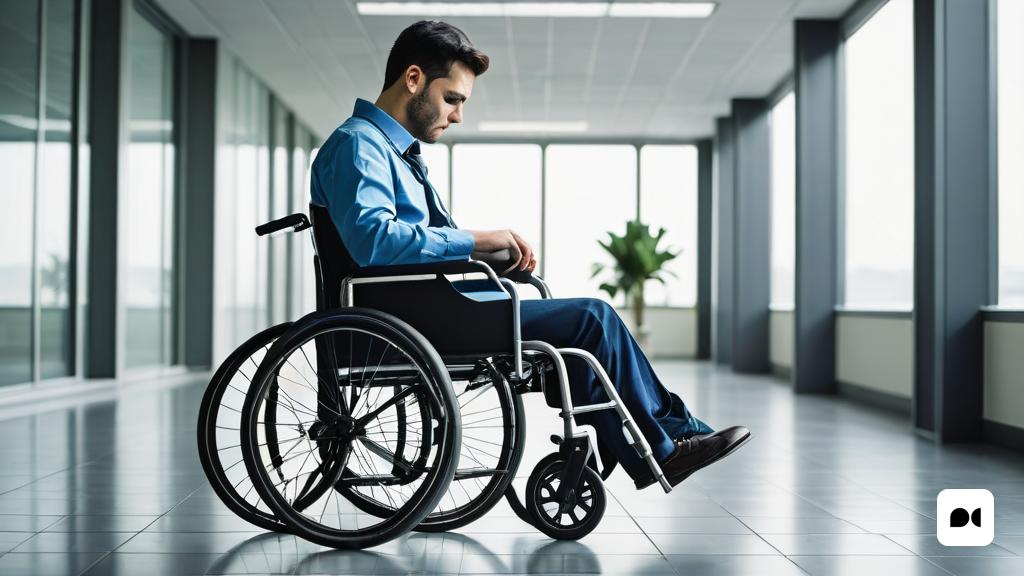Understanding unemployment
Leave of absence prevents a worker from carrying out usual work tasks due to an accident, illness or other reasons, temporarily reducing their abilities. However, regulatory uncertainties and limitations associated with different types of disability raise several questions about the activities allowed during this situation.
Different Types of Disability
The regulation does not establish unified criteria or rigid regulations on the activities allowed during a leave of absence. The consequences vary depending on whether the absence from work is for physical or mental issues, and it is important for each person to know their own limits in this regard.
General Recommendations
During a leave of absence from work, it is advisable to follow some general guidelines. Avoiding activities that involve great effort or fatigue, such as concerts or music festivals, is prudent. In case of temporary psychological incapacity, experts recommend going outside to disconnect and get some fresh air. Everyday activities such as going to the supermarket or going for a walk are allowed if the illness does not prevent it. Regarding travel, despite not being prohibited, it is recommended to have medical authorization due to the associated risks.
Consequences of Non-Compliance
The General Social Security Law establishes that the allowance for temporary disability can be annulled, denied or suspended if a breach is detected. This can happen if the person acts fraudulently to obtain the benefit, works for himself or herself, or refuses the indicated treatment without reasonable cause. In addition, the company can impose fines or fire the worker for disciplinary reasons if he works for another company while on leave.
conclusion
It is crucial to follow the recommendations and act cautiously during a leave of absence, as failure to do so can lead to serious consequences. It is important to remember that each situation is unique and that decisions must be made wisely and prudently.




